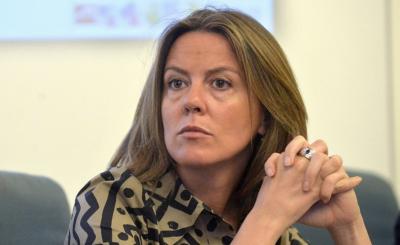New therapies for rare diseases

ROME -- Essential Levels of Assistance (LEA in Italian), otherwise known as cures and therapies provided to citizens by the National Health Service, “have been finally amended and updated, and 118 new groups of rare diseases have been included,” confirms Beatrice Lorenzin, the Italian Minister of Heath.
“This is a big step forward which has the objective of guaranteeing uniform assistance across the entire nation regarding these particular pathologies,” assured Lorenzin at the convention ‘the magic rucksack, 30 years of possible missions -- an in-depth analysis into the daily life of hundreds of illnesses,’ promoted by the National Institute of Health (ISS).
“With the new LEA,” added Lorenzin, “some excellent specialised diagnostic structures have been activated, meanwhile others do not have one single point of reference. For rare diseases, the situation is patchy.”
Patients with such rare pathologies “are numerous, and the challenge is to provide an answer for all. Often, only reaching a diagnosis requires years and years,” the Health Minister said.
Hence, the National Institute of Health “is working towards a standardisation of therapeutic, diagnostic and assistance-based pathways suitable across the whole of the nation, seeing as we cannot have 21 different pathways depending on the various regions involved.”
Domenica Taruscio, director of the National Centre for Rare Diseases, claimed, “there are around 7000 rare illnesses still, many of which principally affect children and do not have a resolved cure.” Taruscio went on to confirm, “over the years a network for rare pathologies has been built, but it is thanks to the technological and scientific innovation of today that we can guarantee a normal life to many sufferers of such rare diseases, allowing them the possibility of finding opportunities in the world of work also.”
Lorenzin also explored the topic of social media, claiming, “Media and medicine are always having to coexist side by side. However, false communication, in fact, can propagate dangerous false myths and ‘cures’ which are totally unscientific and are often only projected by a profiting business.”
The Minister of Health said, “information must have the authority and backing of scientific evidence and must be communicated in a language comprehensible to the average citizen.”
Her statement was concluded with regards to the key issue of health assistance across Italy, confirming, “An aspect which must surely be affronted is that of the territorial fragmentation with respect to healthcare and assistance. It is this issue, in fact, which is one of the most critical problems we face.”
sw


